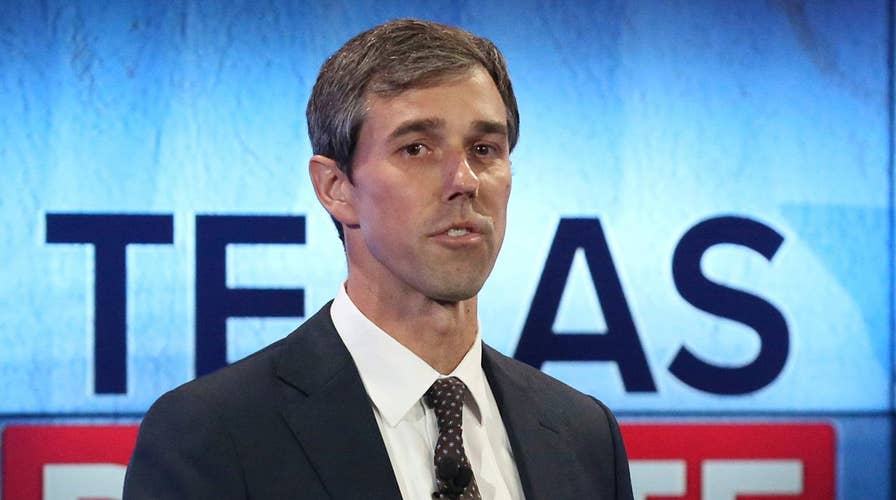2020 Democratic hopefuls work to appeal to progressive voters.
Democrats shift views ahead of 2020 elections; Peter Doocy explains.
If members of the Democratic Party and members of the media have one thing in common, it’s that they all really like to feel and appear very, very smart. Because of their unique intelligence, insight and access, they’ve got the inside track on what’s going to happen.
Unfortunately, that very trait helped nominate the wrong presidential candidates in 2000, 2004 and 2016, and inadvertently elected George W. Bush and Donald Trump. Denying themselves the satisfaction of feeling and seeming really smart won’t be easy, but if Democrats and many members of the media want to see the best nominee chosen in 2020, they’ll have to show some restraint.
Specifically, here are some guidelines they should follow:
1. Do not rush to anoint the nominee. Neither the party nor the press has a good track record of choosing the right presidential candidate. The primaries can serve an extremely useful function if we let them, as multiple candidates compete over many months and the strongest ultimately survives. When Democrats declare that whoever wins Iowa or New Hampshire must inevitably be the nominee, we deny ourselves the best option to present to voters in November.
HERE'S WHY KAMALA HARRIS IS MY EARLY BET TO WIN THE 2020 DEMOCRATIC PRESIDENTIAL PRIMARY
2. Do not play “check the boxes.” One way to seem really smart is to have insight into each demographic that votes in the primary and be able to articulately connect each candidate with each demographic. However, that approach never works. We have no idea what primary voters will ultimately want, let alone how general election voters will feel.
Could they want a young former congressman from El Paso? Sure. Could they want an older socialist from Vermont or Massachusetts? Yep. A billionaire former mayor or entrepreneur? Possibly. A dynamic, young female senator from California? Absolutely. The former vice president? Easily. A boring, centrist governor from the West? Maybe.
The point is, no one knows. And if the party and the pundits decide in advance who meets all the right criteria (and therefore, who they think should advance), we’ll never know. We got President Donal Trump because the only person he could beat was the anointed Democratic nominee, Hillary Clinton. Same with Bush and Al Gore in 2000. No one has a crystal ball and the only magical formula is whoever resonates with the voters. That’s it.
Good intentions are almost never the Democrats’ problem. Bad strategy and even worse execution often are. We’re lucky to have a primary process that, if allowed to function as intended, can weed out all of the weaker candidates and select the person most likely to win in the November general election.
3. Do not make the excuse that an easy primary makes for an easy general election. Hillary Clinton was right to stay in the 2008 primary for as long as she could – it made Barack Obama a stronger candidate in November. If the Democratic National Committee hadn’t tried so hard to push Bernie Sanders out of the primary in 2016, Hillary’s campaign might have learned a few things (like not to take states and voters for granted).
There’s going to be a limitless amount of money available for whoever the Democratic nominee is. It doesn’t matter how much he or she spends in the primary – the candidate won’t need to conserve resources. And the sooner the nominee is anointed, the sooner he or she will go from an exciting new candidate to old news.
By not letting the process play out honestly, we’re only hurting the nominee’s standing with the voters.
CLICK HERE TO GET THE FOX NEWS APP
Good intentions are almost never the Democrats’ problem. Bad strategy and even worse execution often are. We’re lucky to have a primary process that, if allowed to function as intended, can weed out all of the weaker candidates and select the person most likely to win in the November general election.
But the system only works if we let it work. That’s almost never the party or media’s instinct. Hopefully the threat of another four years of President Trump is a strong enough reason to change that.

